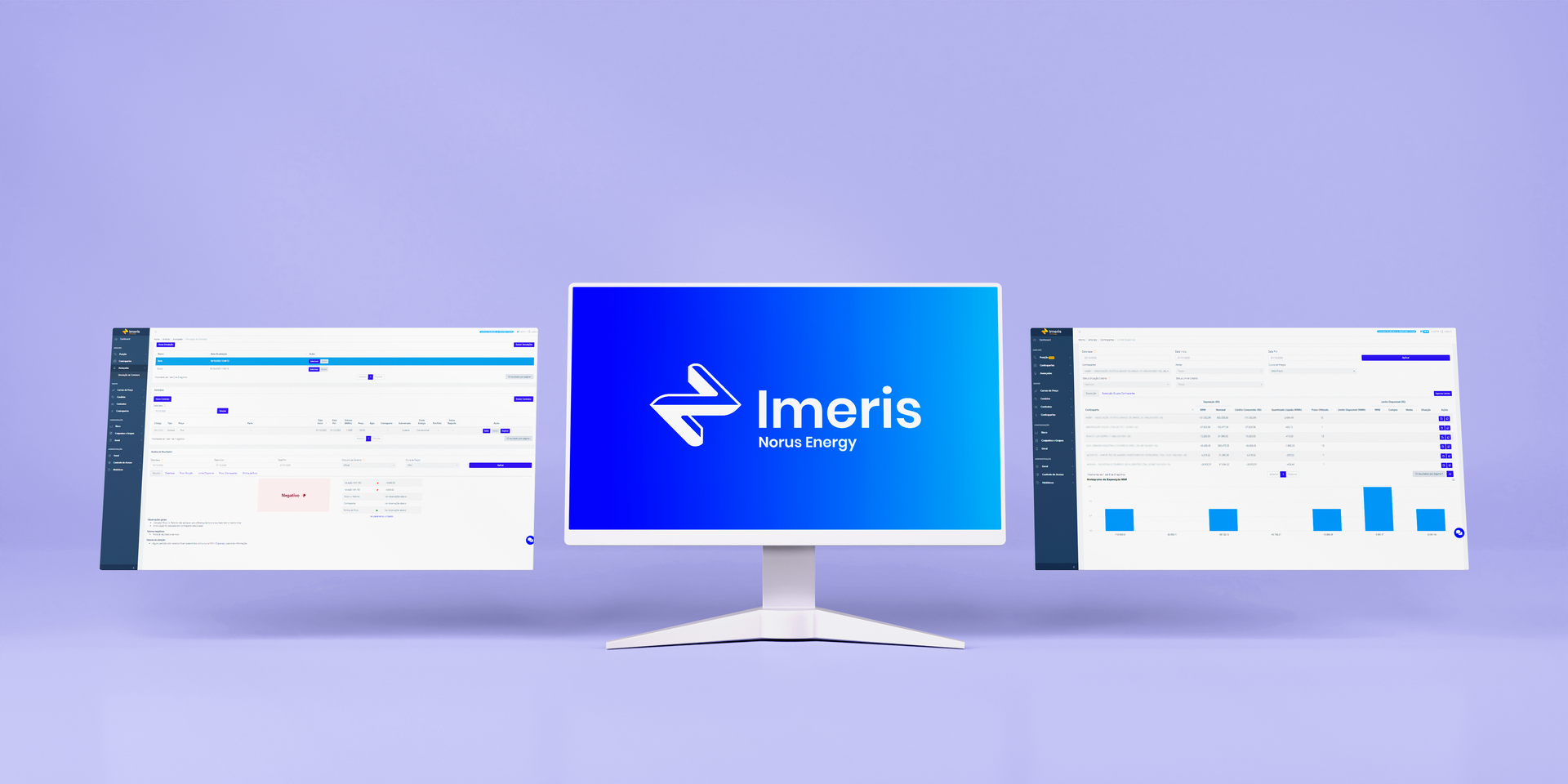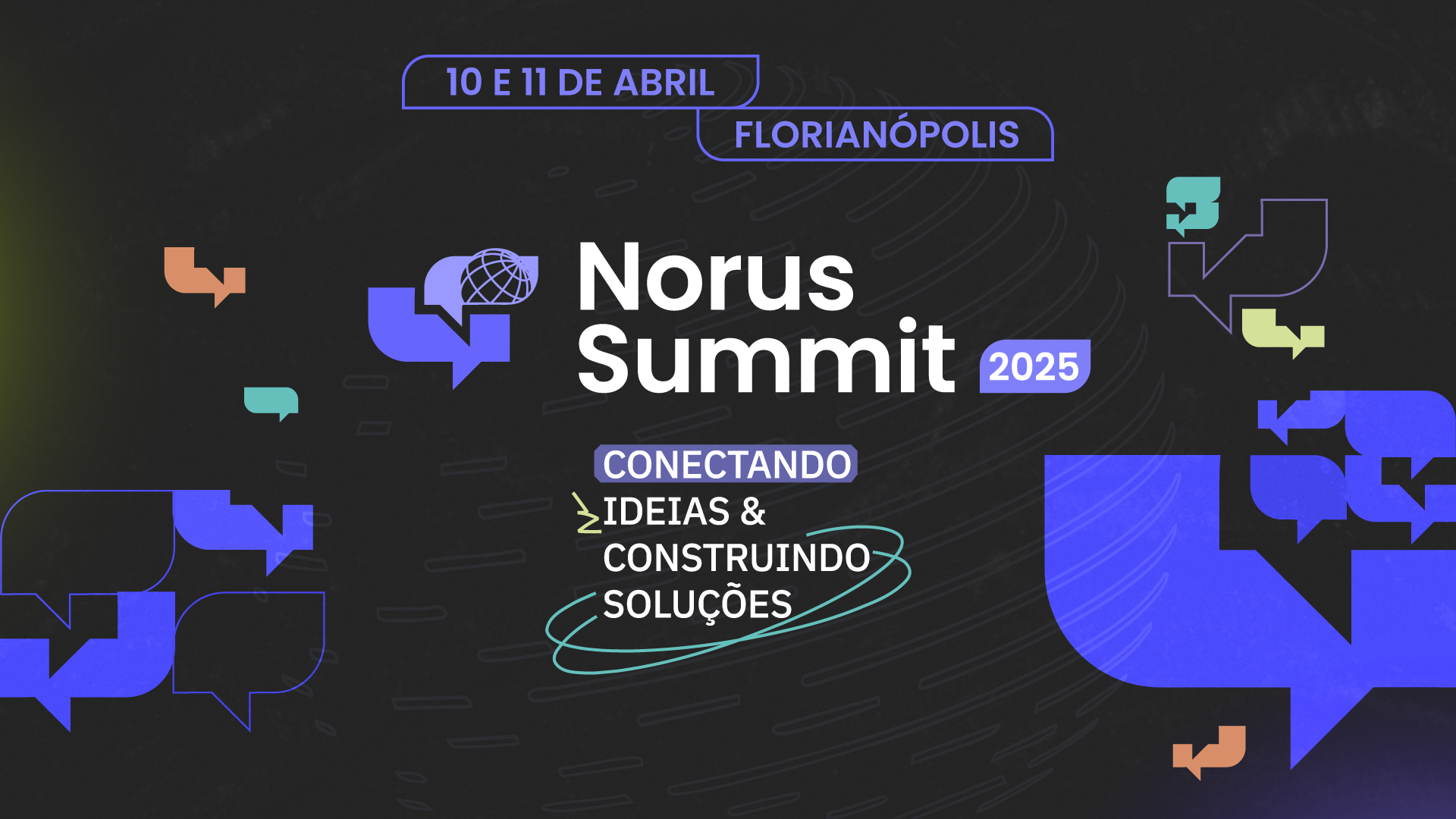An Introductory Tutorial on Stochastic Programming Using a Long-term Hydrothermal Scheduling Problem
AUTORES
ERLON C. FINARDI
BRIGIDA UARTHE DECKER
JUN/2013
REVISTA: JOURNAL OF CONTROL, AUTOMATION AND ELECTRICAL SYSTEMS
EDIÇÃO: 24 / 3
PÁGINAS: 361-376
Stochastic programming deals with a class of optimization models and algorithms in which some of the data may be subject to significant uncertainty. Such models are appropriate when data evolve over time and decisions need to be made before observing the entire data stream. Mathematically, this uncertainty is modeled by means of including random variables in the optimization model. however, such strategy demands a different methodological approach in relation to those usually found in deterministic optimization problems. This tutorial focuses on the main methodological aspects of stochastic programming. The long-term hydrothermal scheduling problem is used to present the ideas didactically. Two reasons justify the choice: (i) this problem is inherently stochastic because the generation decisions on hydrothermal systems are directly influenced by the reservoirs’ water availability, which is associated with future inflows uncertainty. (ii) the problem has great practical relevancy as a decision computational model to use the energy resources in an electrical energy system efficiently. Thus, in general terms, this tutorial aims to motivate the use of this important and fascinating methodological tool that is stochastic optimization.






